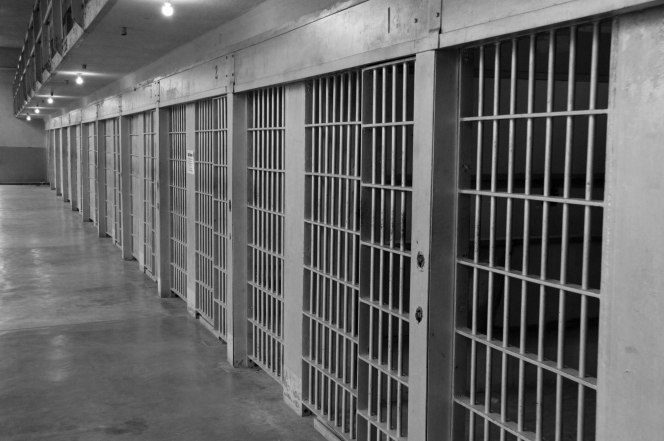Wayne County Faces Criticism Over Mandatory Life Sentences
Gallery

In January of this year, the Supreme Court made retroactive a 2012 ruling striking down mandatory life sentences without parole for juveniles. This meant that those who had been sentenced to life imprisonment while under the age of 18 would have their cases reviewed, with the possibility of receiving a new sentence.
Sentencing juveniles to life without parole was for a number of years a distinctly American practice. Criminal justice reform advocates had long argued that putting children in prison for their entire lives fell within the definition of cruel and unusual punishment, and was thus prohibited by the Eighth Amendment. In Miller v. Alabama, the Supreme Court agreed with this stance, essentially ending the practice, though previous sentences of life without parole still stood until Montgomery v. Louisiana at the beginning of this year.
Michigan has the dubious distinction of having 360 cases involving a juvenile sentenced to life without parole, with Wayne County being responsible for 145 of these cases, and with 93 percent involving an African American juvenile. This alone makes Wayne County an exceptional case, but the decision of Wayne County Prosecutor Kym L. Worthy to “aggressively pursue” life without parole in 60 of these cases has drawn criticism from Harvard Law School’s Fair Punishment Project, which seeks to “highlight the gross injustices resulting from prosecutorial misconduct, ineffective defense lawyering, and racial bias.”
In its ruling, the Supreme Court ruled that life sentences for juveniles should only be used in the most extreme of case, where the convicted is “irreparably corrupted.” Worthy argues that her office has followed the spirit of this ruling, going so far as to accuse the Fair Punishment Project of not having researched any of the cases in which her office plans to seek a life sentence.
The attorneys of the Fair Punishment Project have countered by claiming that juveniles cannot be held to the same standard for punishment as adults, saying that “modern neuroscience research shows that juvenile brains are not fully developed, and therefore young people do not think the same way that adults do.” They have put forward the argument that juveniles are especially capable of being rehabilitated, and that Worthy’s plans to seek life sentences in almost half of her cases are unconscionable.
Some of the cases that have been reviewed are decades old. Some have served upwards of 50 years in prison. While resentencing could result in release for certain inmates, this is not a guaranteed outcome for all of them. In many of these resentencing hearings, the prosecution will be seeking a sentence defined in years, rather than the life of the convicted.
In contrast with Wayne County, Philadelphia ordered resentencing for more than 300 of its juvenile cases, an example that advocates argue represents the true spirit of the Supreme Court’s ruling.
Worthy has since reached out to the families of the victims in these cases, asking them to contact the Wayne County Prosecutor’s Office to share their views on resentencing, hoping to support her position that these 60 individuals are not deserving of parole. She is also joined in her stance by the prosecutors for several other Michigan counties, such as Saginaw and Macomb, who have stated that none of their cases deserve resentencing.
The ultimate fate of these cases is not to be decided in the near future. All signs indicate that resentencing hearings will not even begin until 2017, with some delayed until 2018, or possibly even later. This will give prosecutors and advocates plenty of time to argue over victims’ rights and rehabilitation, though that is a dispute that will likely far outlive any of these cases.
